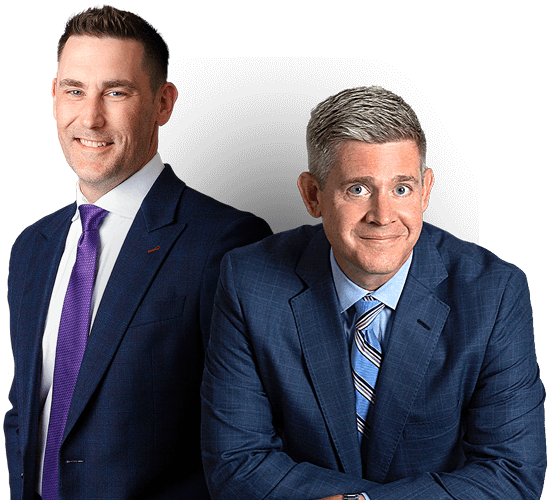When a product doesn’t work as it should and ends up causing injuries, that’s when product liability lawsuits come into play. Product liability law includes the laws that make the rules for who you can hold liable if you’re injured by a defective or dangerous product.
For example, if you set up a fire alarm correctly, but it never goes off in a fire, that defect could lead to your injury. If that happens, you need to know who to hold responsible. Is it the battery’s manufacturer? Is it the fire alarm’s manufacturer? Product liability law determines who you can pursue for damages.
Who can normally be held liable for a product defect?
Typically, it’s possible to hold several groups liable. These may include:
- The wholesaler who distributed the product to consumers
- Retail stores that sold products
- The party or parties that assembled the devices or installed them
- The manufacturer
- The manufacturer of parts used in the product
Depending on the cause of the defect, you may be able to sue for design, manufacturing or marketing defects when they lead to your injury. Even better, if you can prove that the product was defective, then strict-liability laws help you obtain compensation without having to take steps to prove that the manufacturer was negligent.
Our website has more on strict liability and the laws that may affect your product liability case. If you are hurt because of defects or problems with a product that you’ve purchased, you can pursue a claim and make sure that your medical bills and other financial losses are covered.


